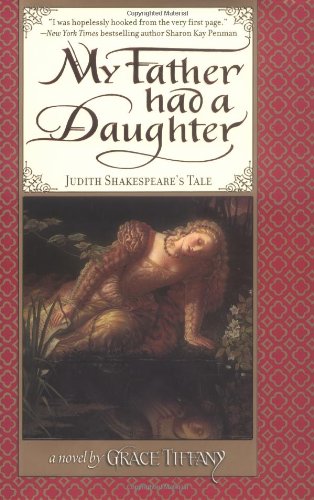 Dead Poets Society. Dir. Peter Weir. Perf. Robin Williams, Robert Sean Leonard, and Ethan Hawke. 1989. DVD. Touchstone Home Entertainment, 1998.
Dead Poets Society. Dir. Peter Weir. Perf. Robin Williams, Robert Sean Leonard, and Ethan Hawke. 1989. DVD. Touchstone Home Entertainment, 1998.And now let's get back to wonderful uses of Shakespeare in good films.
I know I surprised most of you when I revealed that I had never seen Good Will Hunting (for which, q.v.) until this summer.
I'm afraid I will shock you when I tell you that I had never seen Dead Poets Society until a few weeks ago.
"Were you not in training to be an English teacher in 1989?" you ask.
Well, yes, I was.
"Did you not know of the film's existence then?" you inquire.
No, I was well aware of the film and the basic elements of its plot.
"Why, then, did you not see the film?" you ask in stunned disbelief.
I'm not entirely sure, but I do remember wanting to wait until I had figured out my own teaching techniques before seeing the film. I didn't want to model my teaching on Robin Williams' interpretation of John Keating's teaching methods. This year, I started to feel relatively secure that I wouldn't be tempted to stand on desks during every lecture or have students recite Whitman while kicking soccer balls, so I broke down and watched the film.
I shouldn't have waited. You all already know this, but it's a great film with a tour de force performance by nearly everyone in it.
And the Shakespeare! Perhaps I would have seen it sooner if I had known about the Shakespeare! Here's a great scene where Williams convinces his students that Shakespeare doesn't have to be stodgy and staid, imitating what appears to be Sir John Gielgud (or the like), Marlon Brando, and John Wayne doing Shakespeare:
The culmination of the film (I'll still try to avoid spoilers for anyone who, like me, has yet to see it) involves a production of Midsummer Night's Dream. One of the boys at the school has discovered a passion for acting, has disobeyed his father's instructions, and has taken on the role of Puck. The clip below conflates the production, providing its beginning and end—with Puck's closing speech delivered to the father, who stands disapprovingly in the back of the auditorium:
The multi-layered delivery of the lines is fascinating. It caps the play, of course, and is delivered as a piece of false modesty to the audience—but it's also delivered as a request for absolution from the disobeyed father.
That sort of careful integration of Shakespeare into a different plot is tricky—but absolutely awe-inspiring when it pays off, as it absolutely does here.
Links: The Film at IMDB.
Click below to purchase the film from amazon.com
(and to support Bardfilm as you do so).
(and to support Bardfilm as you do so).
























































